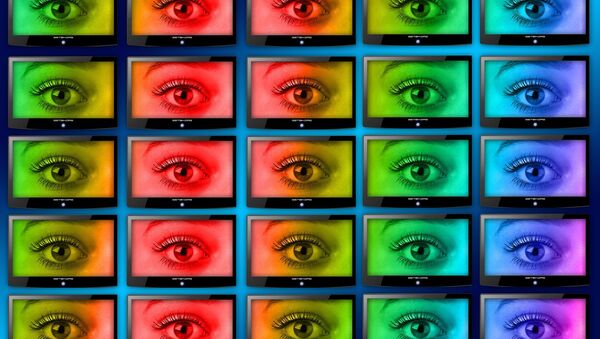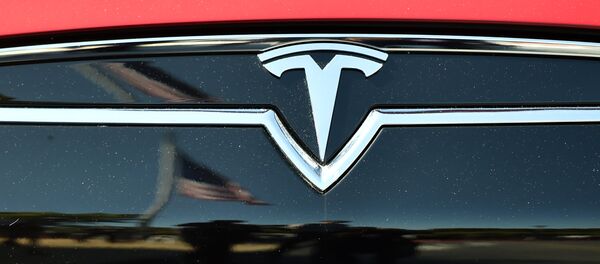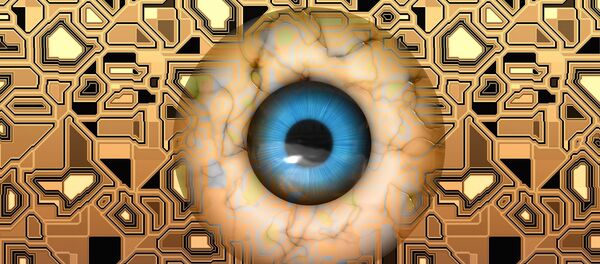"Ever since we started Moodstocks, our dream has been to give eyes to machines by turning cameras into smart sensors able to make sense of their surroundings," the company said in a statement.
"Our [new] focus will be to build great image recognition tools within Google."
Google stated that it will integrate Moodstock’s software into its photo applications, improving the ability to tag and categorize user images.
The acquisition raised concerns among privacy advocates.
"All connected devices now have a camera and microphone in them, often these can be turned off and on without us knowing. Making these eyes intelligent will be great for identifying random objects and helping our smart devices to become even smarter, but not so good for keeping your personal life personal," Renate Samson, president of privacy group Big Brother Watch, told the Sun.
"Many people will find the ability for a machine to see everything we see creepy. Covering the camera on your phone, computer or connected device with some dark tape may be one of the few things we can do to keep ourselves safe from prying eyes in the future."
Social media giant Twitter made a similar purchase last month, spending $150 million to acquire Magic Pony Technology. That company specializes in combining neural networks and machine learning to improve images.
"Machine learning is increasingly at the core of everything we build at Twitter," said Twitter CEO Jack Dorsey.
"Magic Pony’s machine learning technology will help us build strength into our deep-learning teams with world-class talent, so Twitter can continue to be the best place to see what’s happening and why it matters, first."




